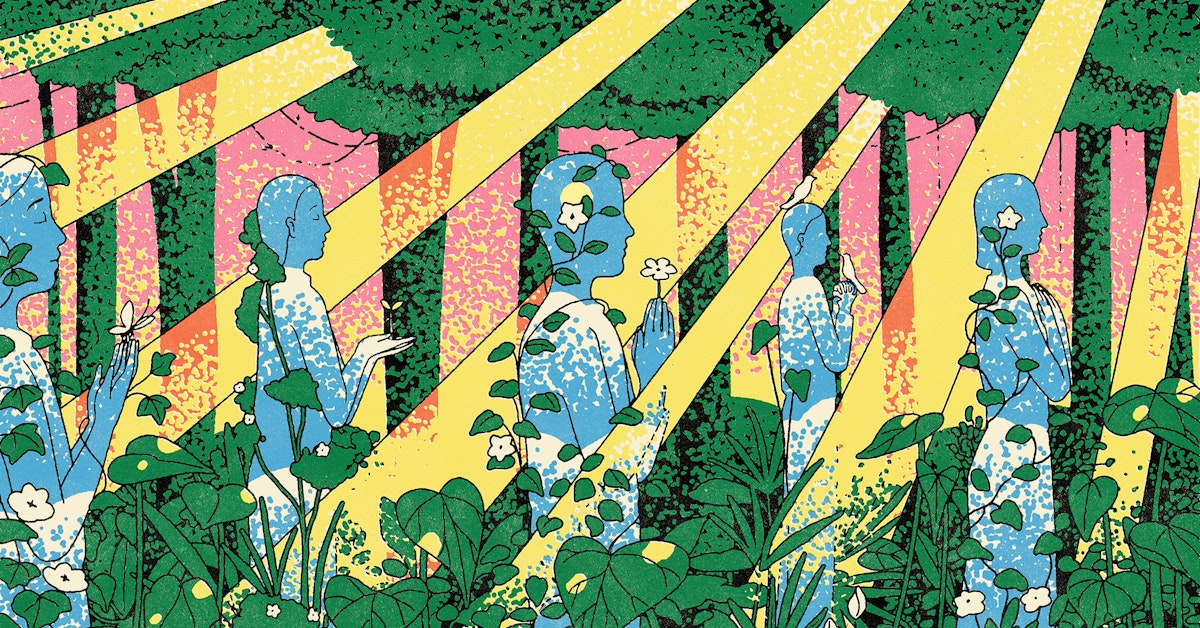The article discusses the links between traditional sacred practices and care for the environment and the world, and then asks about modern secular societies:
Where does this leave secular societies in which technological or policy-focused solutions to environmental problems are not working, but where identification with the sacred has waned over time? Can something as deeply personal and experiential as the sacred be meaningfully shaped by design? Could mundane, often thankless tasks — cycling, tree-planting, recycling — be reframed not as chores, but as rituals of care and connection that inspire deeper commitment to environmental stewardship?
And continues, pointing out sacred spaces don’t require religious belief:
The sacred need not be confined to formal religion. While the Grand Bassin’s significance is rooted in Hindu mythology and practice, the orientation it reflects — a sense of reverence, moral weight and emotional resonance — can arise in many forms. Sacredness emerges wherever people set something apart as meaningful beyond its utility: a forest grove, a war memorial, a national flag, a moment of collective silence. What matters is not the doctrine behind it but the way it shapes how people think, feel and act.
Of course, one might ask whether it’s even possible to promote rituals of care in the absence of care itself. Wouldn’t such efforts ring hollow or fail to resonate with those who feel disconnected from the natural world in the first place? But this is precisely where sacralization matters most. Sacredness does not only emerge from what people already revere — it actively helps generate that reverence. Rituals can bring people into a different frame of mind, one in which meaning accumulates through repetition, symbols take on weight and ordinary acts begin to feel purposeful. If environmental stewardship is to take root, it may not be enough to wait for people to care. Sometimes the path to care begins with practice.
Ritual helps people to care. Ritual, to put it another way, helps create empathy. And the natural world could definitely use some care and empathy these days.



boooooooorrrrrrriiiiinnng. lets just get to the cleanup or I can just arrive after the bs or leave once it starts depending on the front/backend.